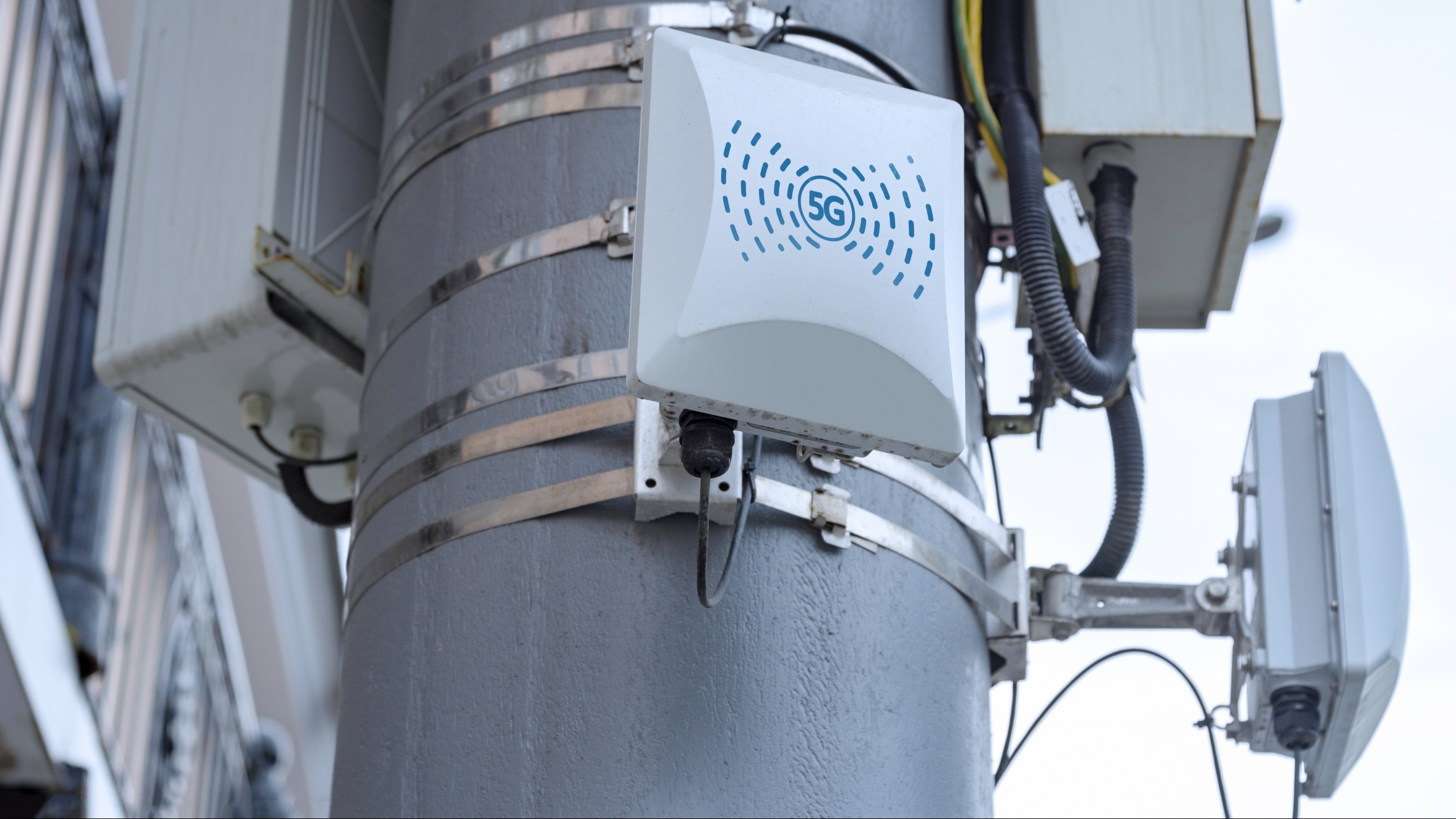The Alabama House of Representatives on Thursday passed legislation to allow smart cell phone towers to be mounted on existing utility poles. House Bill 251 was sponsored by state Rep. Rod Scott, D-Fairfield. It mirrors Senate Bill 76 by state Sens. Arthur Orr, R-Decatur, and Greg Albritton, R-Atmore.
Scott said that there were more than 28 meetings concerning this bill over the last three years.
“This puts us capable of developing Smart Cities and other technologies,” Scott explained. “This bill deals with right of way and access for developing smart cell technology.”
State Rep. Ralph Howard, D-Greensboro, lamented the growing digital divide between Alabama counties.
“We have got to do better,” Howard said. “Too many kids in the Black Belt don’t have internet access. It is not right that kids have to drive somewhere for internet access to do their homework.”
Scott agreed but said this legislation “has to do with mounting smart cell towers on utility poles.”
“Municipalities still have control,” Scott explained. “They can refuse a site for the small cell towers.”
State Rep. Thomas Clark, D-Thomasville, said: “Some people are talking about 4G or 5G. I would be grateful to have a G. I live in the city limits, and I have to walk out of my house in order to make a cell phone call.”
Scott asked that the body add an amendment that gives the Alabama Department of Transportation control of poles on federal right of ways. Scott’s amendment was adopted 101 to 0. Scott then asked that HB251 be substituted for SB76, which has already passed the Senate.
The House did so and then passed SB76 by a vote of 101 to 0. SB76 now goes to Gov. Kay Ivey’s desk for her signature.














































